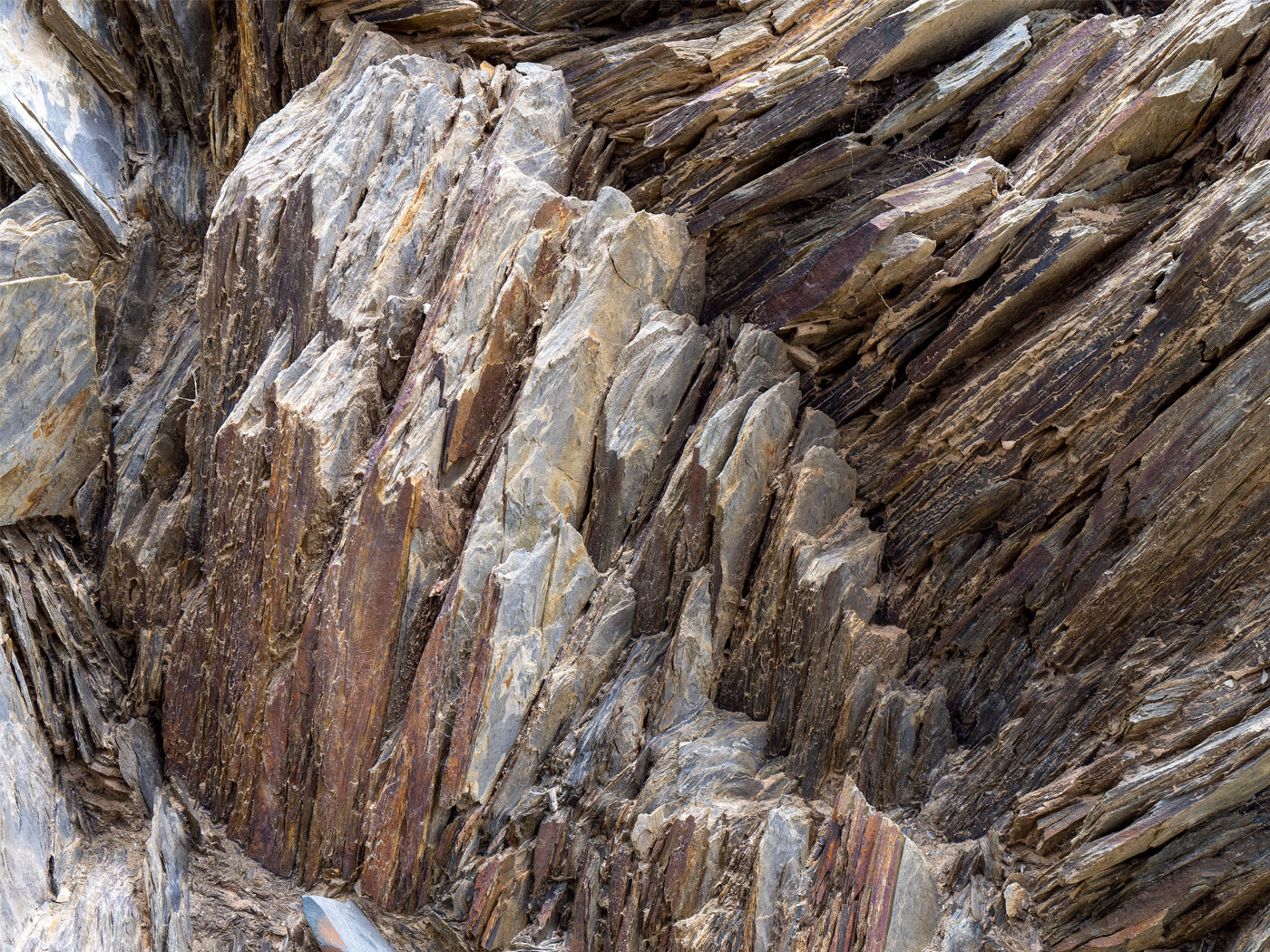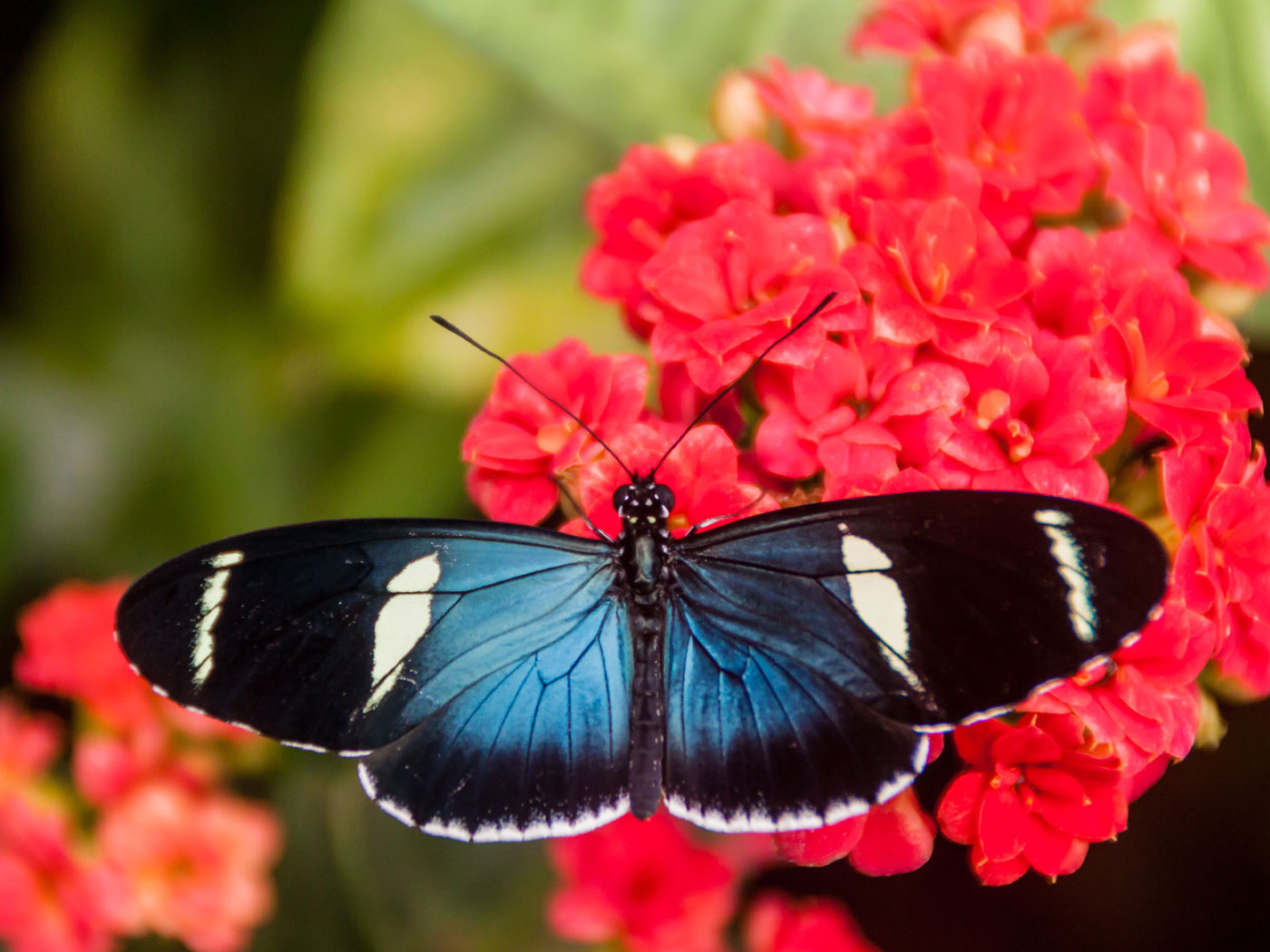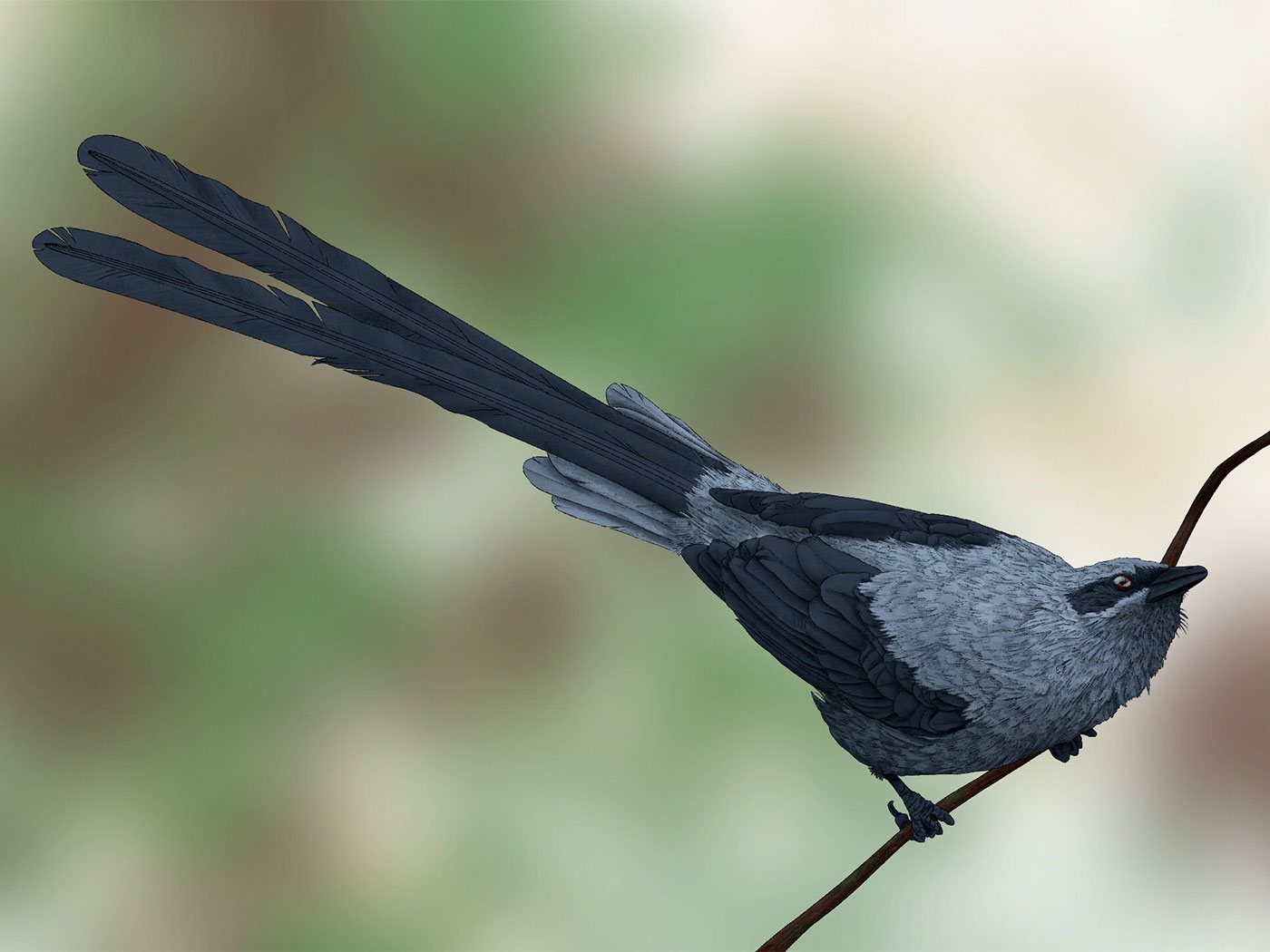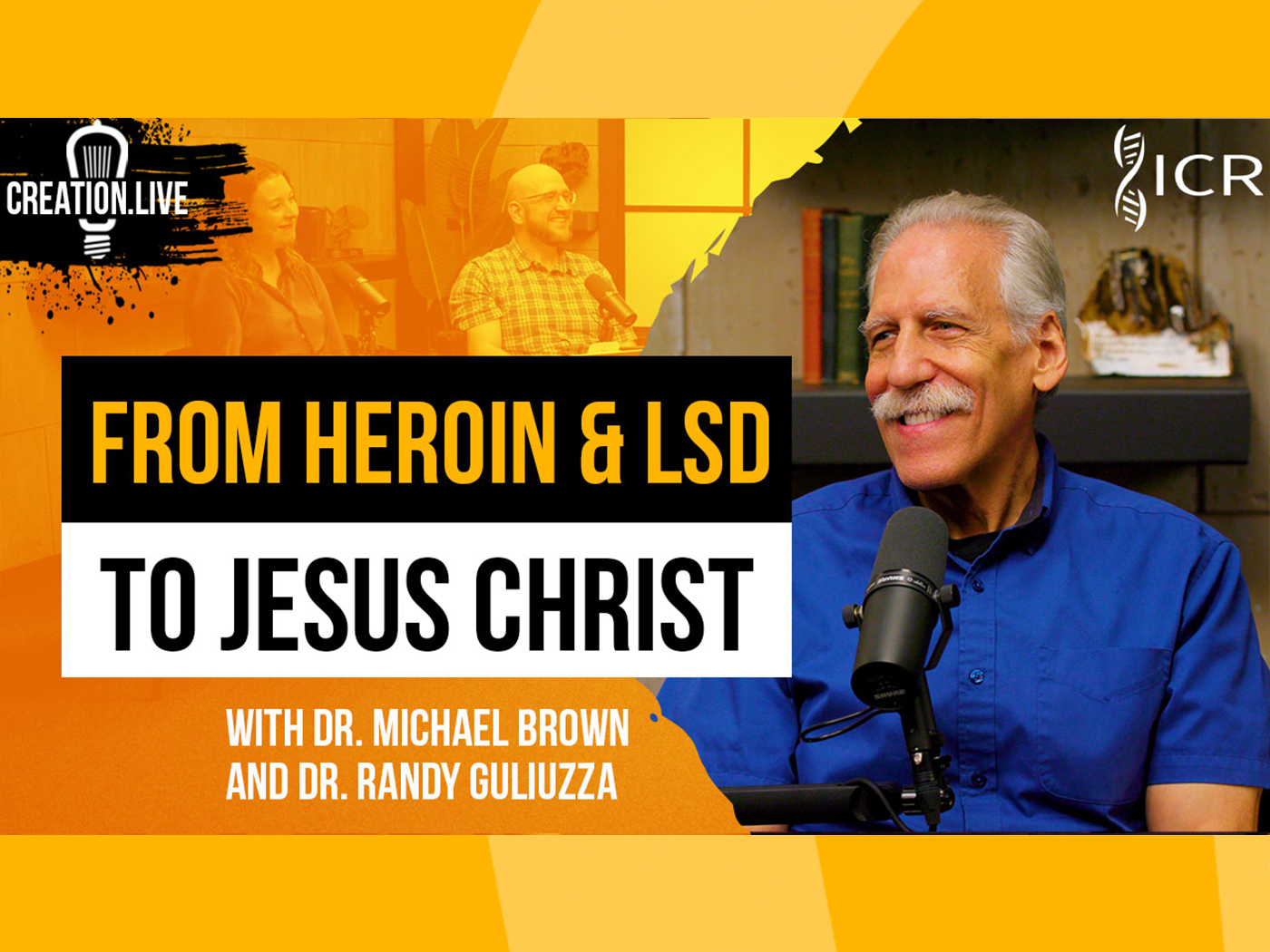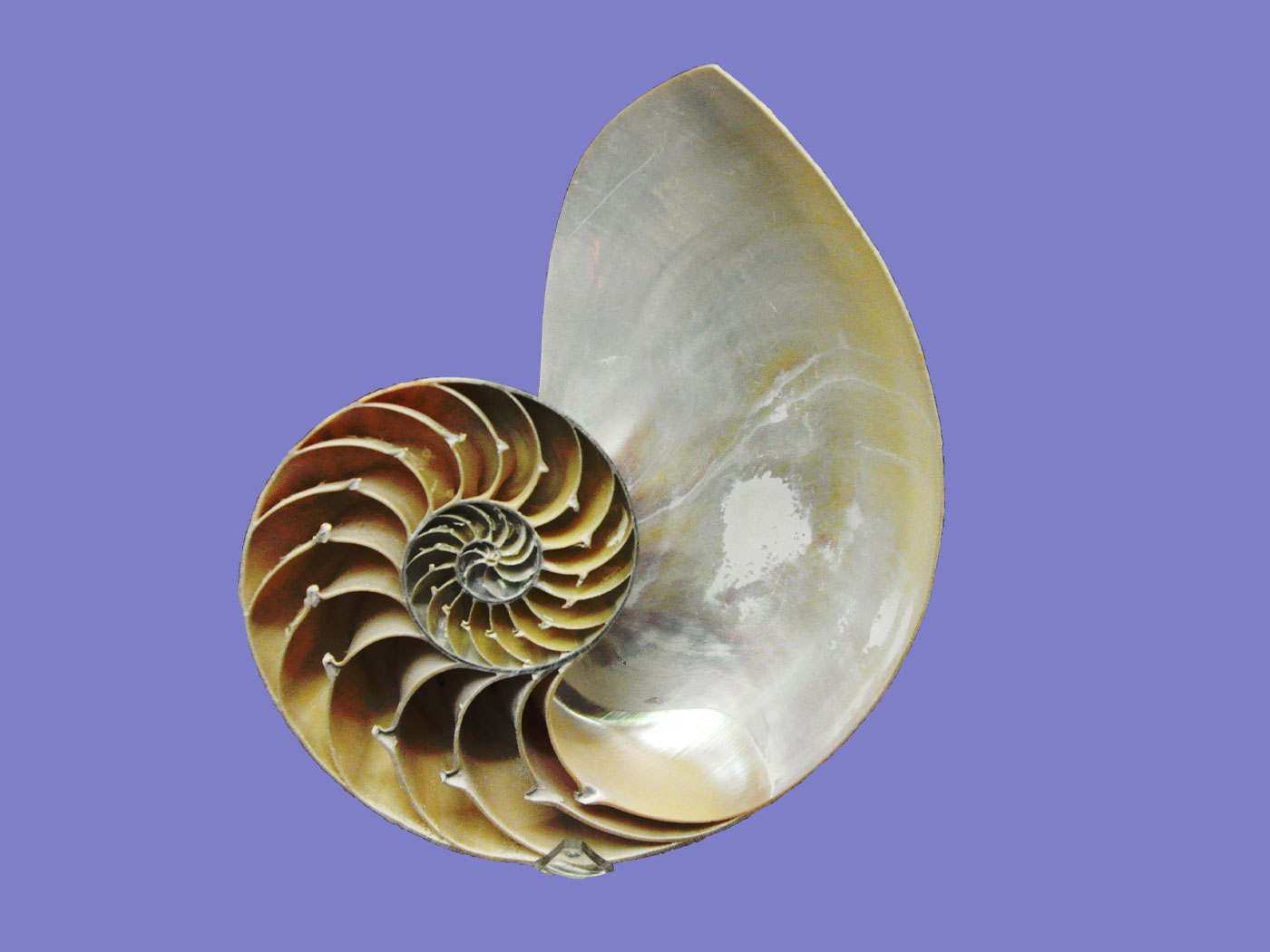Mars is a lifeless world.
But those holding to a naturalistic worldview continue to have hope—even faith—that the Red Planet was at one time thriving with life. Such a conviction is based on the strange hypothesis that organic life can spring spontaneously from inorganic non-life. This theory is called spontaneous abiogenesis.1 Here on Earth, evolutionists are still at square one in their vain attempt2 to show how a life-from-non-life event could have occurred more than 3.5 billion years ago.
Recently, a discovery has been made that throws a wet blanket on the theory that Mars was once a lush planet:
Ancient Mars may have had an environment capable of harboring an underground world teeming with microscopic organisms, French scientists reported Monday. But if they existed, these simple life forms would have altered the atmosphere so profoundly that they triggered a Martian Ice Age and snuffed themselves out, the researchers concluded.3
Another blow to the life-on-Mars idea is this statement: “there may have been no oxygen in the atmosphere of ancient Mars after all...”4 An oxygen-free atmosphere doesn’t prove there has never been life on Mars, but it certainly doesn’t strengthen the hypothesis. There are microorganisms called obligate anaerobes (such as sulfur bacteria) that grow in an oxygen-free environment. But there is certainly nothing simple about these anaerobes and there’s no indication they were—or are—on Mars.
The theoretical first microscopic organisms on Mars—whether aerobic or anaerobic—must have had, for example, basic insulated signaling mechanisms.
Despite the apparent simplicity of the basic signaling mechanisms, signal processing in bacteria can show a large degree of complexity. The magnitude of internal and external stimuli means that behavioral decisions must involve cross-regulation between individual sensory systems. At the same time, individual signals have to be insulated against unspecific cross talk to preserve the specificity of input-output relations.5
Of course, this is just one of many of hundreds of physiological mechanisms found in the simplest of life.6
In 2022, five evolutionists suggested “the porous brine-saturated regolith” of the Martian surface may have provided a favorable environment for microbial life. They further stated “that subsurface habitability was very likely.” In their words,
the predicted atmospheric composition shift caused by methanogenesis would have triggered a global cooling event, ending potential early warm conditions, compromising surface habitability and forcing the biosphere deep into the Martian crust. Spatial projections of our predictions point to lowland sites at low-to-medium latitudes as good candidates to uncover traces of this early life at or near the surface.7
An indication of a good scientific theory is the ability to make predictions. It is predicted on the basis of the creation model that no traces of this early life will be found in lowland sites at or near the Martian surface.
Life is unique to Earth, placed here by the Author and Giver of life, the Lord Jesus Christ (John 14:6).
References
1. Tomkins, J. Abiogenesis: Water and Oxygen Problems. Acts & Facts. 47 (4).2. Tomkins, J. Another Failure to Recreate Life’s Origin. Creation Science Update. Posted on ICR.org March 19, 2019, accessed December 20, 2022.
3. Dunn, M. Underground microbes may have swarmed ancient Mars. Phys.org. Posted on phys.org October 10, 2022, accessed December 20, 2022.
4. Pultarova, T. Mars' ancient atmosphere may not have had much oxygen after all. msn.com. Posted on msn.com December 21, 2022, accessed December 26, 2022.
5. Kentner, D. and V. Sourjik. 2010. Use of Fluorescence Microscopy to Study Intracellular Signaling in Bacteria. Annual Review of Microbiology. 64: 373-390.
6. Sherwin, F. Just How Simple Are Bacteria?. Acts & Facts. 30 (2).
7. Sauterey, B. et al. 2022. Early Mars habitability and global cooling by H2-based methanogens. Nature Astronomy 6: 1263-1271.
* Dr. Sherwin is science news writer at the Institute for Creation Research. He earned an M.A. in zoology from the University of Northern Colorado and received an Honorary Doctorate of Science from Pensacola Christian College.




